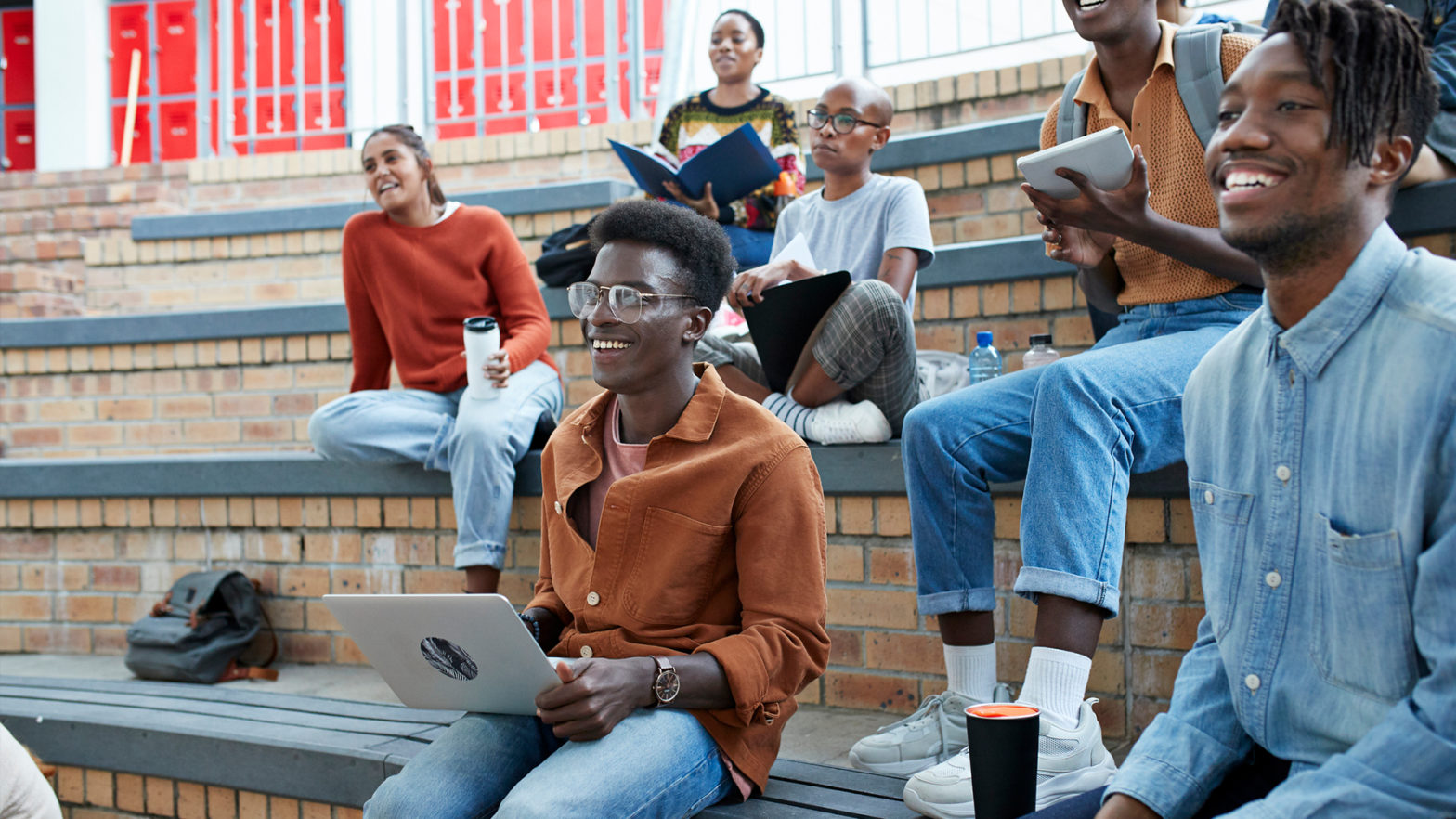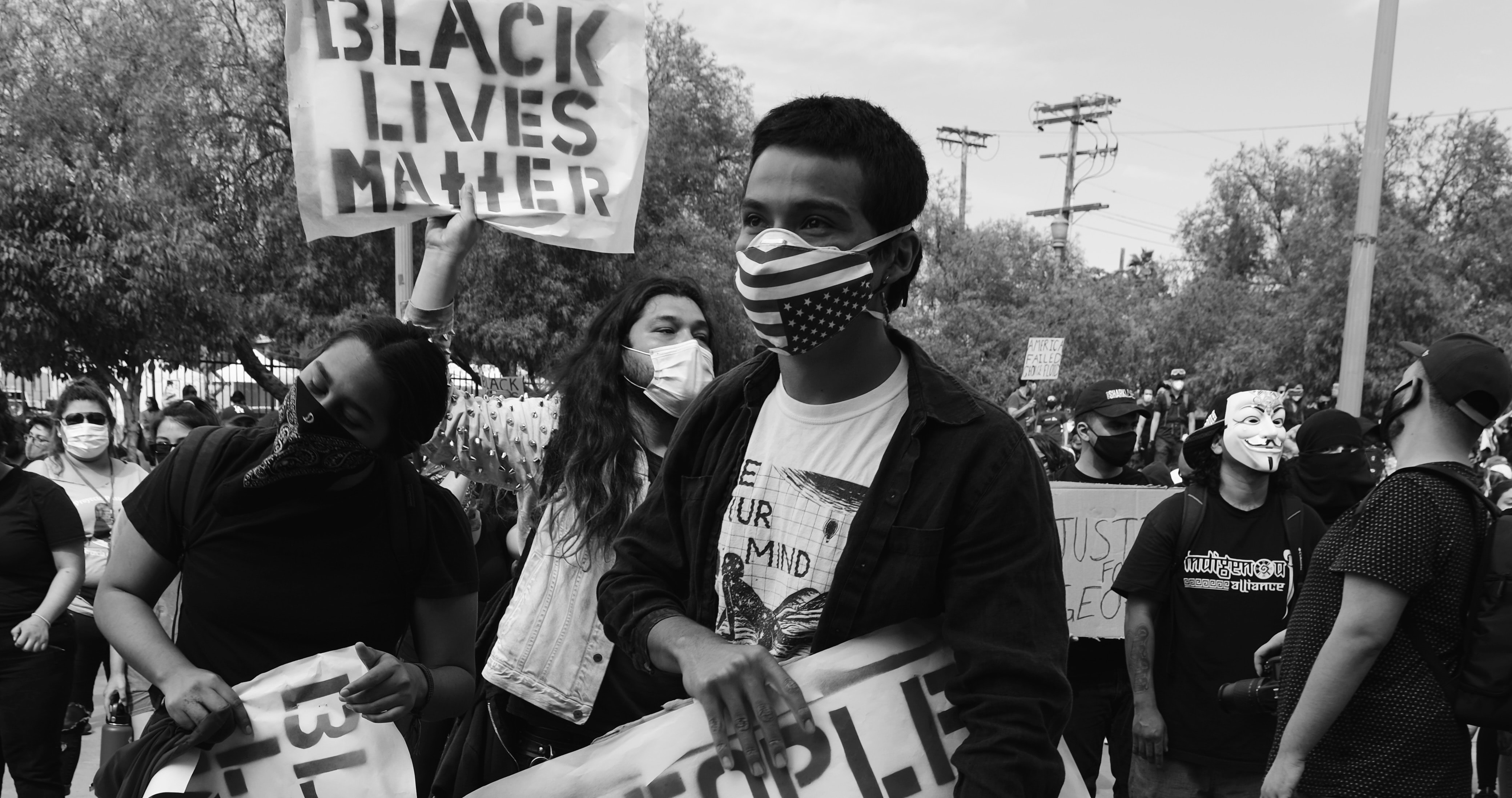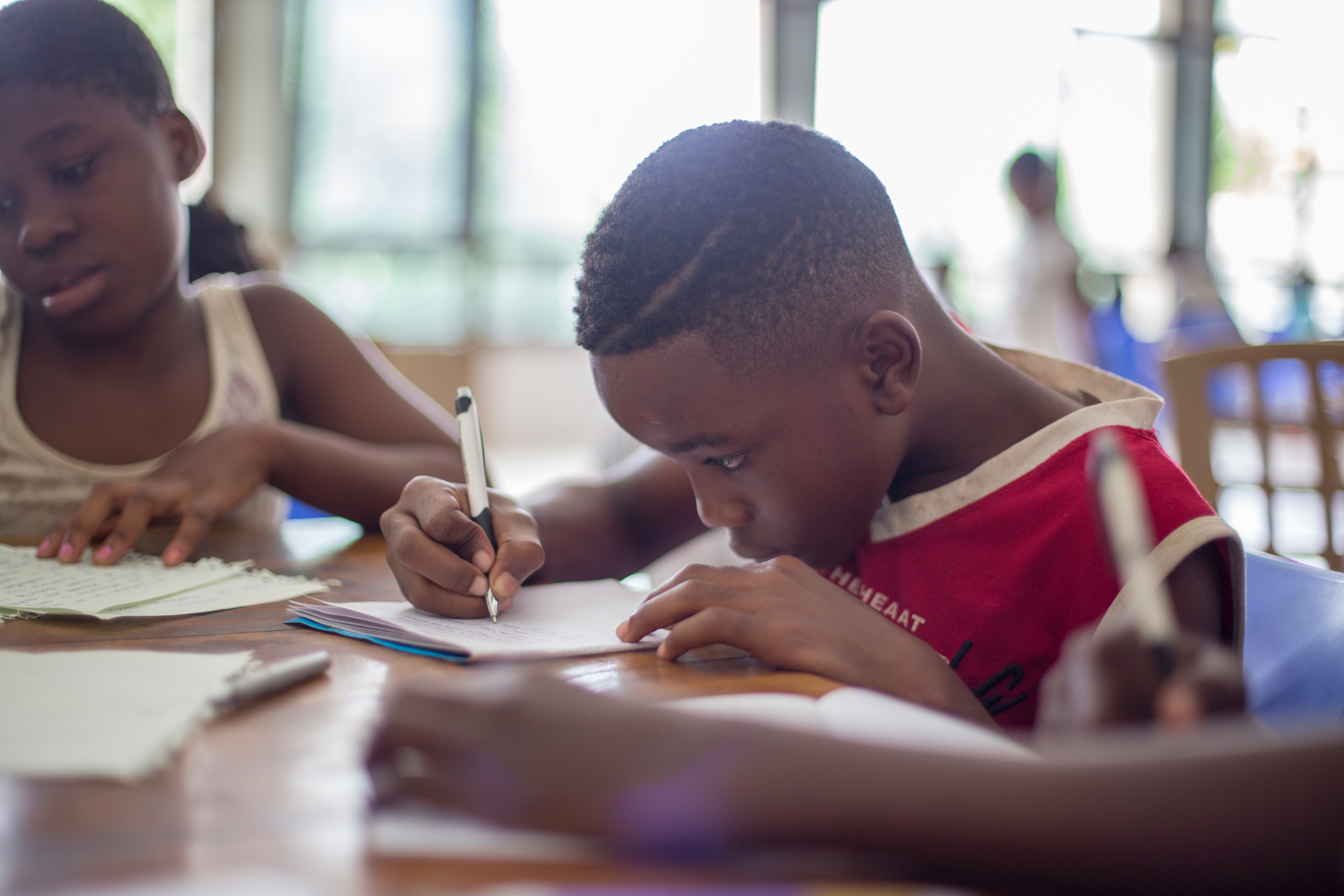Making The Case For Change
In the United States, public education is viewed as the best and most impactful way to upend inequity and to intentionally create equitable opportunities for families, children, and youth to advance and succeed. However, as long as policymakers continue to exacerbate inequities by investing less in those with the greatest need and fewest assets for many Black and Brown students, urban students, and others historically underserved, access to high-quality public education remain an unrealized and distant dream.
The COVID-19 pandemic has magnified inequities in our public education and youth development systems and requires sustained, targeted, and inclusive efforts to provide equitable education for students of color. Similarly, candid and necessary dialogue about race and racism (systemic, institutional, and individual) is under direct assault in too many schools, districts, and states. Ignoring or excising racism, ableism, sexism, homophobia, and science in lesson plans as suitable content will remove the very real legacies and consequences of each for students, families, educators, and communities.

To achieve the education that we envision, stakeholders must play an active and meaningful role in shaping policy, investment, and practice. All too often, communities of color, as well as their institutions and their stakeholders, are “left outside” education reform efforts and innovations, just as students of color are “left behind” in their education. Regrettably, reform and innovation happen TO these students, families, and communities instead of WITH them through their advocacy, agency, engagement, and leadership.
Urban communities must be sufficiently and meaningfully engaged in setting goals and measuring and reporting progress to ensure that our education and youth development systems truly deliver on their high expectations for children and youth. In that way, stakeholders would be accountable and responsible for child and youth success beyond what is currently framed as solely a school, district, and state matter.
The National Urban League believes students, parents, and community stakeholders should opt-in to a vision of education reform and innovation that expands and deepens opportunity, upends inequity, accelerates progress, and delivers more fully on the promise of education.

2025 Empowerment Goal:
Every American child is ready for college, work and life
gap between funding provided to majority-white & majority-nonwhite school districts in 2019
African American/Black students would enroll in an after-school or out-of-school (OST) program if one was available and/or accessible
of our nation’s African American/ Black 4th grade students were not reading at grade level in 2019
Our Intention
TO BUILD more inclusive agency, advocacy, and engagement efforts that center youth and generate additional and deeper support for educational equity, opportunity, and excellence.
TO STRENGTHEN the ability of the civil rights community and those we serve to effectively advocate for equity and excellence at scale to ensure the equitable and high-quality implementation of critical education reforms and investments.
TO IMPROVE a range of educational and developmental outcomes for underserved students.
TO HIGHLIGHT the investments, policies, practices, reforms, and innovations which explicitly confront historic inequality, and to create new paths for urban children and historically underserved and excluded children and youth to succeed.
TO INNOVATE via enhanced strategic investments, reform, content, policy change, and educational practice.
TO UPEND inequity by providing additional access to and investment in expanded opportunities to promote better youth outcomes, including academic, health, and social-emotional well-being.
Our Approach
Having a local, statewide, and national reach allows us to implement a multi-pronged approach to the Equity and Excellence Project, which includes:
- Engaging Urban League affiliates, partners, and coalitions in local, state, and national education reform efforts.
- Ensuring integration across our early learning, youth development, postsecondary success, workforce development, and college completion and attainment agendas.
- Broadening and deepening our communication efforts to build a different education reform/innovation narrative
- Supporting and working within the African American/ Black community and other historically excluded communities of color.
- Building the capacity and executive leadership of the Affiliate Movement, the National Urban League, and the National Urban League Washington Bureau to work more effectively and comprehensively with civil rights/equity partners and the national education reform & innovation community.
- Organizing local, state, and national convenings centered on different aspects of equity and excellence that include a range of stakeholders, perspectives, and strategies.
- Creating opportunities for students, parents, and stakeholders to engage meaningfully to become effective advocates, to build a sense of agency and voice, and to ultimately drive local education reform and innovation in pursuit of equity and excellence.
Education reformers and innovators must be able to clearly explain what will be different for students and families who are present and have been historically underserved by current policy and practice. We challenge reformers and innovators to ask:
-
Are these investments and interventions robust and flexible enough to build the assets and meet the needs of both current and future students?
-
How might the nation shift its focus towards equitable processes and practices to avoid simply restructuring age-old problems of inequity and privilege via today’s reforms and innovations?
-
How will students and families be able to demonstrate agency and be provided with ongoing opportunities that influence the decisions that will affect them and their communities for years to come?
-
Will students actually experience different and improved results if we simply tinker and make small changes within institutions and systems that might not be designed to support the thriving of all students, particularly African American/Black students and others that are presently and historically underserved?








